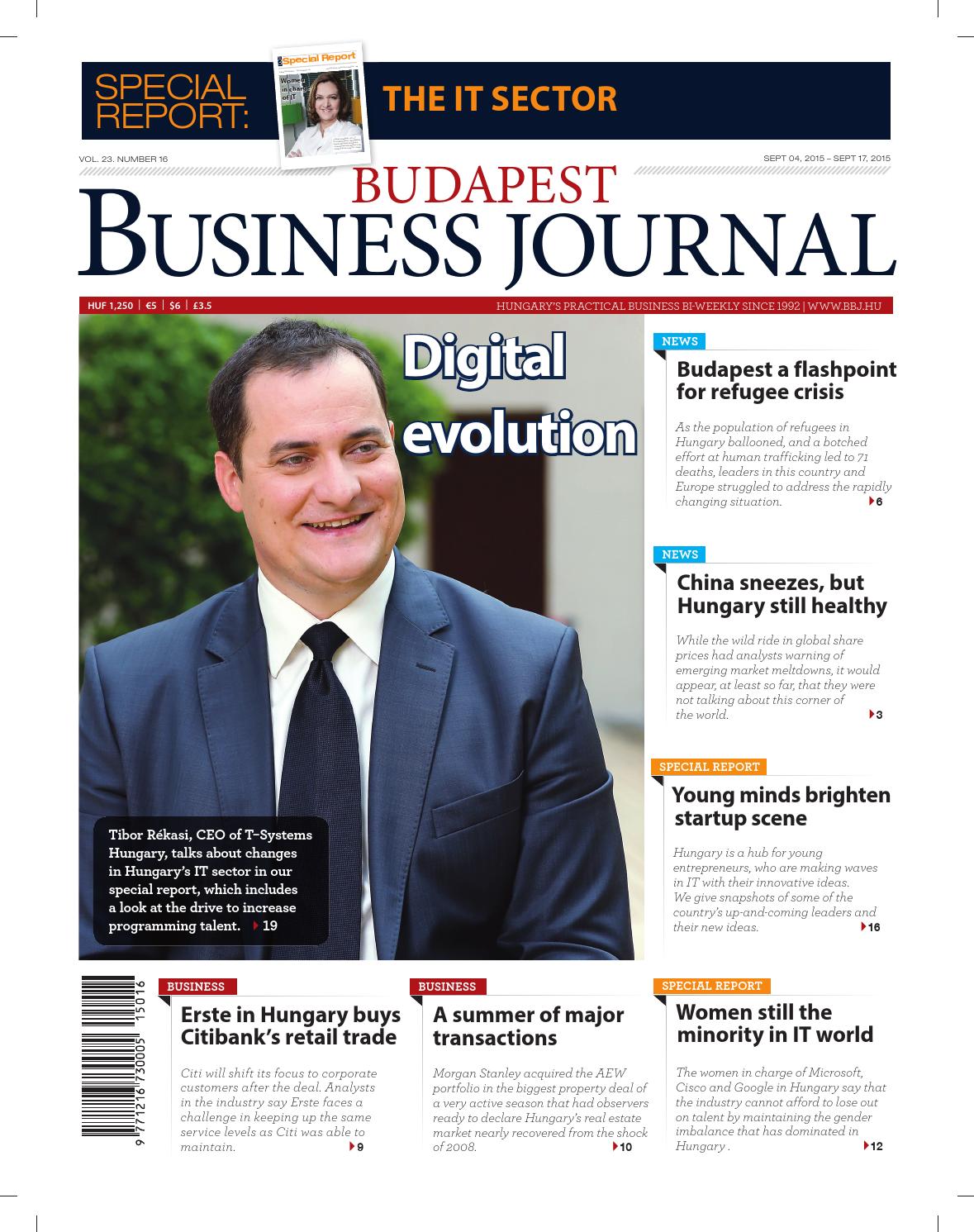SME Invoicing Goes Digital In Hungary, Individuals Lag Behind
- 24 Jun 2019 7:55 AM
- Budapest Business Journal

Research was carried out in March and April by eNET and online invoicing service provider Szamlazz.hu to examine the status of Hungaryʼs invoicing market.
Findings reveal that invoicing software is still used less frequently in Hungary’s SME sector than conventional, handwritten invoices. Some 64% of these businesses write their invoices with pen and ink, while 44% use invoicing software. About 8% use both solutions.
Manual invoicing has maintained its position primarily among the smallest businesses, individual entrepreneurs, 80% of whom use solely this method. A mere fifth of them use digital invoicing.
Counting only companies, about 66% already generate their invoices electronically, and only 40% have kept their printed invoice booklets. Twice as many businesses have opted for cloud-based invoicing systems compared to the number of SMEs using locally installed software.
Research results indicate that businesses choose invoicing services that are easy to use, fast, and have a high market penetration. It is also an advantage if the service is cloud-based, meaning that clients can issue their invoices wherever they are, so long as they have access to the internet.
Reporting obligation
A number of companies transitioned to online invoicing because of the online reporting obligation stipulated by the tax authority from July of last year. Those who already use an online invoicing service tend to be satisfied with it.
Another advantage is that the solutions meet the relevant legal regulations and the tax authority’s requirements, so clients don’t have to monitor and adjust to changing regulations.
Among invoicing software, the cloud-based service of Szamlazz.hu is one of the most popular solutions. Research by eNET indicates that six out of ten SMEs have heard about that particular service.
Overall, the compulsory online reporting introduced by the tax authority in 2018 has sped up the digitalization of invoicing in Hungary, the research says.


























LATEST NEWS IN current affairs